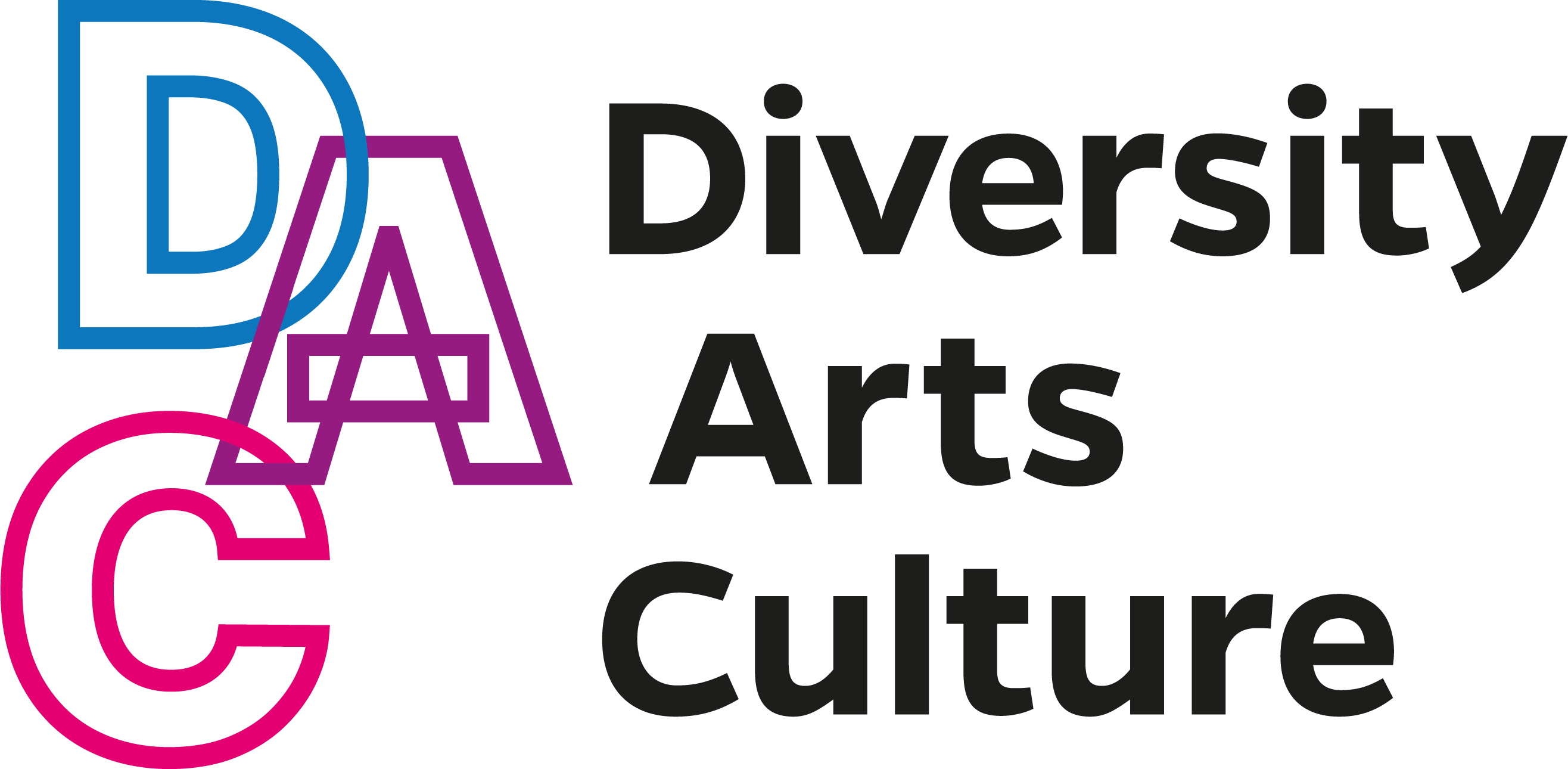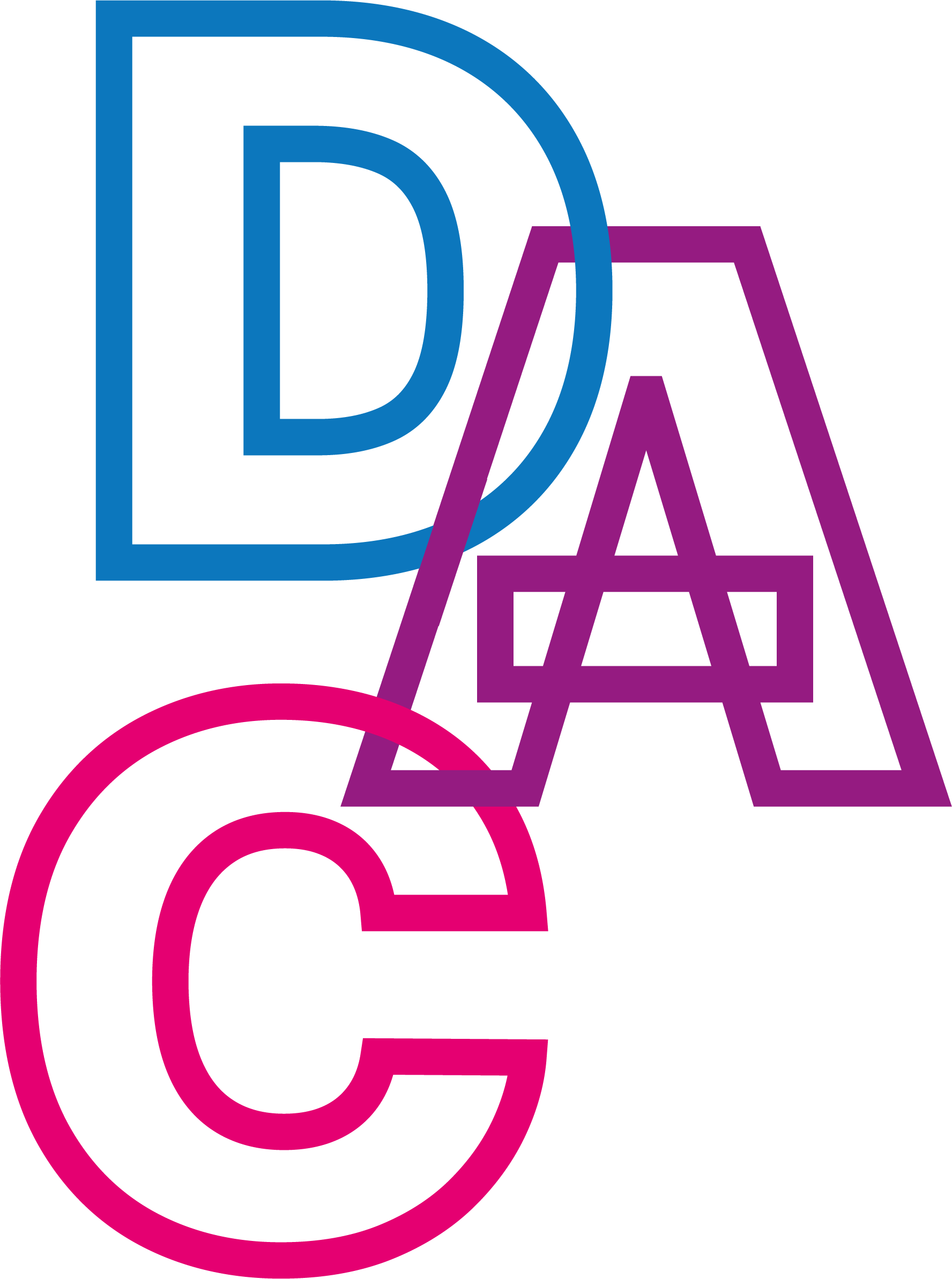Questions and Answers
We look to the General Act on Equal Treatment (AGG) to guide our work, while also taking into account discrimination based on social origin as well as social and economic status. You can find more information about our diversity concept and our work on the page Our approach.
Unfortunately, there still isn’t enough data about employees, audiences and program participants in the cultural sector to allow us to formulate arguments about diversity. One of our responsibilities is therefore to commission the collection of equity data for the cultural sector. We post studies about the cultural sector on the page Data and Facts.
Structural discrimination within art and art practitioner trainings pose barriers to future artists and art practitioners and prevent them from having equal access to the cultural sector. For example, there are economic barriers: interns or job trainees are poorly compensated. Resulting in the inability of some to be a professional in the arts and cultural sector. Cultural institutions can take action by offering better compensation for internships, job trainings and assistant job positions. Based on the “hiring for potential” principle institutions can also recognize applicants’ comparative qualifications rather than insist on specific qualifications.
The way in which potential applicants are addressed in job postings and the networks where these jobs postings are circulated often determine who applies for these jobs. It may be helpful to ask yourself some fundamental questions: Who is missing from our institution? In what ways do groups who are not represented organize themselves (associations, initiatives, NGOs)? Which channels of communication do they use? Why might they not be interested in a job at our organization? Who does our organization represent? Who appears in our programs and who doesn’t? We are here to support you with any questions you may have about job postings.
No, we currently don’t offer any funding. We want to initiate structural change within the Berlin cultural sector rather than transfer the responsibility for diversity development onto art projects themselves. This is why we initiate and offer consultation on diversity development processes within arts and cultural institutions and offer empowerment workshops to underrepresented art practitioners. You can get a good overview of funding opportunities at Kreativ Kultur Berlin.
Since we are a small team and have many different departments, we are only able to collaborate with others a few times a year. We nonetheless encourage you to send an e-mail to info@diversity-arts-culture.berlin and tell us all about your project. If your project contributes to diversity development in the cultural sector and we have the resources, we’d be happy collaborate with you.
2026 können wir leider wegen interner Transformationsprozesse aufgrund der Sparmaßnahmen bei unserem Träger der Stiftung für Kulturelle Weiterbildung und Kulturberatung keine Praktikumsplätze anbieten.
Auf der Plattform Kubinaut finden sich Praktikums- und Jobangebote für den Bereich Kulturelle Bildung, häufig auch mit Bezug zu Diversitätsthemen.
Please send an e-mail to info@diversity-arts-culture.berlin. We will gladly connect you with other marginalized artists and networks.
We are pleased that so many people are interested in our workshops. Together with the workshop instructor we determine the number of individuals that can participate in a workshop. Too many workshop participants negatively impact the quality of the workshop. If you have a confirmed spot in a workshop, but are not able to attend, please let us know as much in advance as possible. We usually have a long waiting list, so if you are not able to attend a workshop you signed up for we want to offer your spot to someone on the waiting list. Also, we try to offer the workshops that are particularly popular again at later time.
This is how you contact us.
Is there a question we haven’t answered? Please send us an e-mail.

